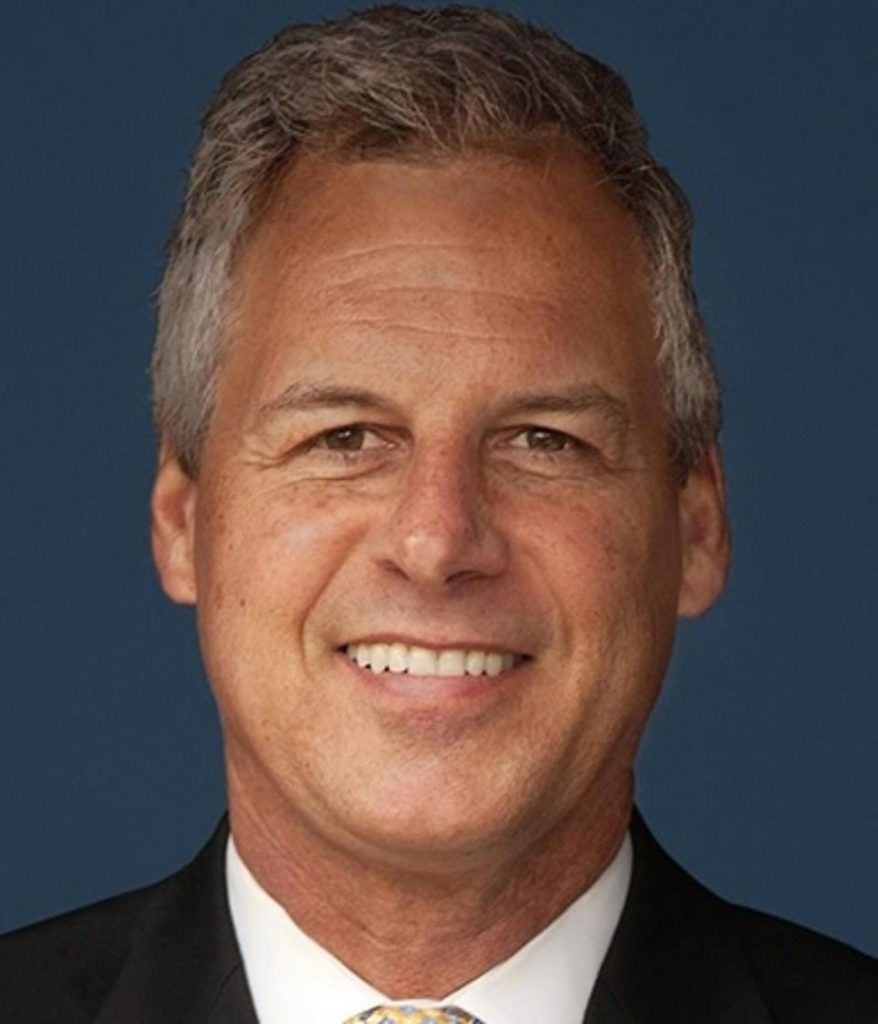In a workplace culture often dominated by metrics, deadlines, and quarterly targets, Mark C. Crowley offers a radically human perspective: “Well-being is not wellness,” he says. “We need to elevate employee well-being because science is now showing that well-being is the greatest driver of productivity there is.”
Crowley’s leadership philosophy—first introduced in his bestselling book Lead from the Heart and expanded in The Power of Employee Well-Being—is rooted in a simple but transformative idea: how people feel at work directly impacts how they perform. “There is a linear relationship between how people feel in their own self-assessment to how they perform in their jobs on a week-to-week basis,” he explains. “So, ask people at the end of the week how they felt about their work experience. They can go back and look at the key metrics of performance and see them go up when it’s green and down when it’s red.”
Crowley is quick to distinguish “You can’t just give employees yoga classes, meditation apps and foosball tables and assume you’re done,” he says. “Superficial perks do not enhance well-being.” Instead, Crowley argues that true well-being stems from managerial behavior. “The interaction that people have with their boss is generally the culture of an organization as far as people are concerned,” he says. “It’s generally the driver of whether or not people feel happy and content and growing and appreciated.”
That sense of appreciation, Crowley notes, is deeply tied to purpose. “Purpose is an alignment to who we are as human beings and what we’re meant here to do,” he says. “If people are in the right job and doing the work they are talented and excited to do, that inherently is going to bring you a component of well-being.”
Crowley also emphasizes the emotional cost of misalignment. “A lot of people get up every day going to jobs they don’t like,” he says. “So, it’s sort of hard to have well-being when you’re creating chemicals in your body that are going to wear you down.”
When asked about performance metrics, Crowley points to Maslow’s hierarchy. “People are ascending [on Maslow’s hierarchy of needs]. They’re looking for growth, they’re looking for development, they’re looking for purpose and meaning, and leadership hasn’t caught up with that,” he says. “When people have that alignment, when they’re working for someone who wants the best for them and makes them feel safe and appreciated, they’re just naturally inclined to perform better.”
Crowley is candid about the systemic flaws in how companies measure engagement. “I get these updates from Gallup and I notice that engagement has fallen to the lowest level in the last four years,” he says. “But I’m looking at the numbers and I see that they’re pretty much the same numbers as 12 years ago. We haven’t made any improvement at all.”
He attributes this stagnation to performative efforts. “It’s been perfunctory and performative in organizations,” he says. “Wall Street never took it seriously, so CEOs never took it seriously.”
Crowley proposes a shift to pulse surveys—short, frequent check-ins that yield actionable insights. “You ask the question, then you give people three days to fill it out. On the fourth day, management or senior management has the results,” he says. “If you want to calibrate, you can make some changes right away.”
He’s also clear about what drives well-being: belonging. “Belonging is the greatest driver of employee well-being there is,” Crowley says. “If people aren’t feeling that they know the people they work with, if they don’t feel accepted by them, they’re experiencing something that’s very harmful: toxic mental health.”
Crowley’s message is both urgent and optimistic. “If you don’t fix this, you’re going to have accelerated mental health care costs, absenteeism, and turnover,” he warns. But he also sees a path forward. “A deliberate culture change can create a win-win work environment where people are really happy to go to work, where they’re really committed, and where leaders are getting exactly what they want from a performance standpoint.”
In a world where burnout is rampant and connection is fraying, Crowley’s call to “lead from the heart” is more than a metaphor. “I’m still to this day the only one who doesn’t mean it metaphorically,” he says. “The heart is sending more information to the brain than the other way around. If you’re ignoring the heart, you’re ignoring an essential component of humanity.”

